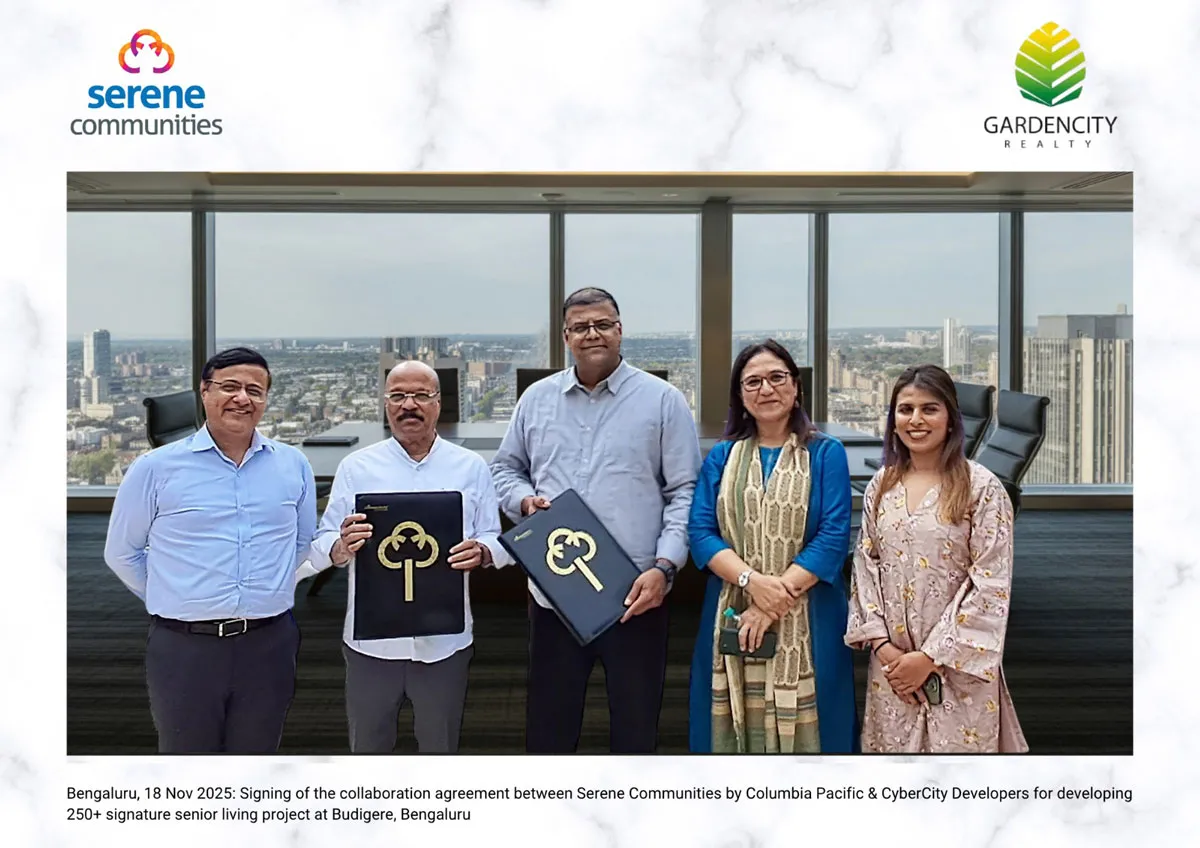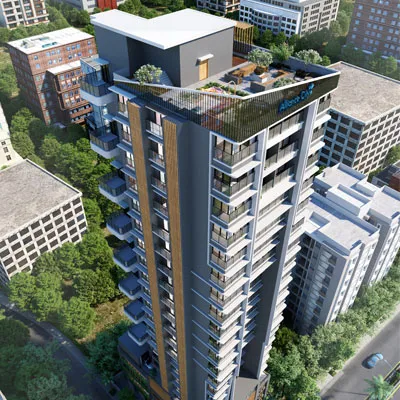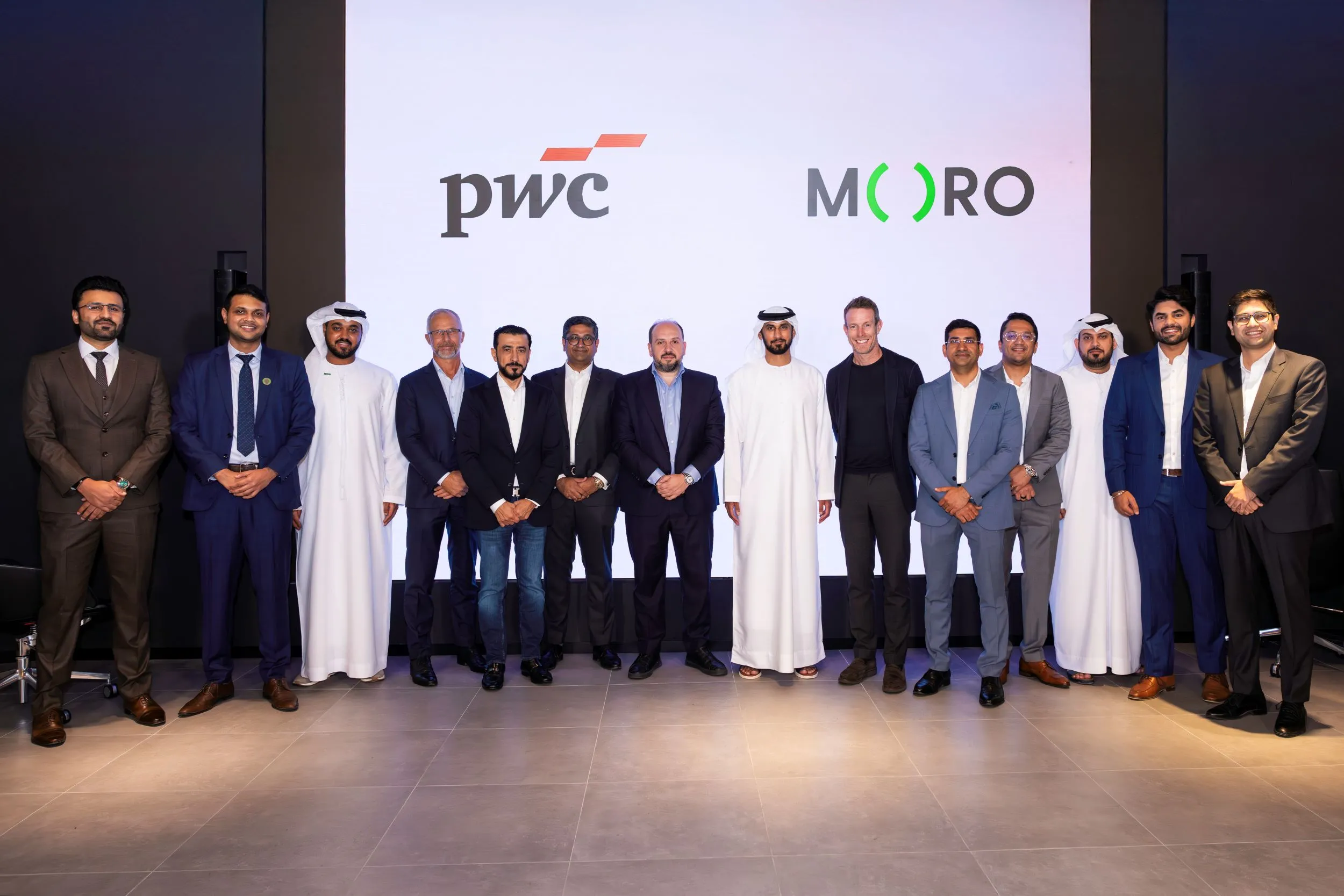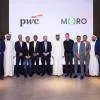- Sanjeev Sirsi, Associate Vice President-Water Utility, Grundfos IndiaGrundfos Pumps India (Grundfos India) is a 100 per cent subsidiary of Grundfos, Denmark. Among the leaders in advanced pump solutions and a trendsetter in water technology, the company is one of the world’s leading pump manufacturers with an annual production of more than 17 million pump units. Its main products include circulator pumps for heating and air-conditioning as well as other centrifugal pumps for industry, water supply, sewage and dosing. On a visit to Mumbai, Sanjeev Sirsi, Associate Vice President-Water Utility, Grundfos India, shares more on the India scenario and challenges with SHRIYAL SETHUMADHAVAN. How would you describe India’s approach to managing water resources in the present day?India has woken up to the crisis that is happening and has started looking at how we can best look at conserving what we have. We have been speaking to a few smart city SPV CEOs and consultants, and are trying to develop solutions that could help these cities better. At present, there is no record of how much water is coming into a city and how much water is going out. This is the first challenge. We need to first start plugging in that data, so we can determine unused or wasted water in a city. The next is the bigger element of non-revenue water. Non-revenue can be classified as leakages, which contribute to around 80 per cent of the total issue; the rest is commercial owing to improper billing. Today, there is no clarity as to how much water is wasted in leakages. This is the next challenge. Being smart is all about getting the right data. At Grundfos, we can help identify the difference between junk data and actual data. Accordingly, cities can start saving power because they will know exactly how much water can be dispensed. So you will run a pump for six hours only when there is demand.Are you already working with smart cities?First, not all smart cities have a water agenda. But we are certainly working with cities. For instance, one of the cities that we are working on had the problem of floods and we worked towards mitigating the same. We sat with them and created a design to ensure that the city is dry during monsoons and that water does not come inside.Even for water treatment plants, we have a simple plug-n-play solution, also known as a prefabrication pumping station. So you cut out that place in the earth, reinforce it and put in a Sintex kind of a tank with pumps inside, through which we connect the inlet and outlet. We have sensors inside; when the inlet comes in, the pump will pump water till it reaches a level and then throw it outside. This helps on-time and low-cost construction.Tell us about the water crisis in Chennai. What role has Grundfos played to overcome the same? There is an issue of groundwater level depletion.Years back, the government said rainwater harvesting had to be mandatorily implemented; this was when Chennai did see an increase in groundwater levels. However, the initiative dwindled. Now, the city is again looking at rainwater harvesting to recharge water. But in this scenario, we are not directly offering a solution to recharging; instead, we are propagating it through various measures. We have initiated groundwater recharge in our factory in Chennai. Looking at the bigger picture, we are looking at lake rejuvenation, for which we are exploring working with various organisations.How do cities in India rank today in terms of adopting intelligent water management solutions? Various states have been approaching water management differently. For instance, Rajasthan was clear about not increasing manpower and maintenance of equipment and water supply units. They would rope in a third party on a tender basis but at no cost. However, the third party had to ensure power reduction, the differential amount of which would be paid to them. It was a good move that eventually tapered off. When the smart cities mission was announced, cities were planning a central command-and-control centre. We then thought water would be included in the monitoring but it focused more on traffic monitoring and management. Eventually, some cities started focusing on the water agenda as well. Indore has been among the top cities to focus on water and garbage disposal. Hence, in term of treating and managing water, we are at a nascent stage. India is an elephant country; it takes us time to get up and walk. But the moment we start walking, we rarely stop. So the initial push is a challenge. Where does your maximum business come from: Industries or municipalities?Initially, we came to India to serve industry needs because energy-efficiency and water conservation were the requirement.It is the industries that got us into this line, not the municipalities. Today, 45 per cent of Grundfos India’s business comes from industry opportunities. We have separate businesses for water utility, solar and municipal; these together make up around 10 per cent of our business. But the opportunity is always there. Just like how recession never hits the health industry, water is a constant need. On a concluding note, any recommendations?From my perspective, India is looking at technology. There is curiosity in terms of knowing more about technology. The country has woken up from a slumber. People are investing a little more time into looking at infrastructure rather than fire-fighting, which is good news.Infrastructure development has to go hand in hand with incorporating a decentralised system instead of standard, age-old, big sewage treatment plants.Case Study: Third phase of Lake Restoration Project in Tamil Nadu by Grundfos IndiaCommencement: December 2017In association with: Hand in Hand IndiaLake: Gangai Amman KoilKulam, a temple pond that caters to over 1,000 people in the community located in Injambakkam, Sozhinganallur, Kanchipuram, Tamil Nadu.Phase 1 and 2: Cleaning the lake’s floorbed; construction of the filter bed inlet and outlet; creating easy access to the lake; strengthening of the bund and fencing; plantation around the waterbody. Phase 3: Frontage wall with brick masonry; solar light installation; deepening and bund straightening; walkway on top of the bund; support wall on existing revetment; tree plantation; extension of steps; community engagement through fishing and duck rearing activities. Impact: The water quality of the pond has increased as illegal disposal of waste and wastewater and cattle bathing have come to a halt. Additionally, ducks and fauna are being introduced to the lake. The health of the people residing in the neighbourhood has improved. Owing to the ongoing reconstruction of the lake and surrounding area, families nearby have begun visit the lake for regular walks and children are often seen playing near the lake. This has led to the lake becoming an area the community engages with and enjoys, thereby building a sense of community ownership. Aspiring filmmakers are also seen taking advantage of the lake as a location for their short films and photoshoots.To share your views on water management, write in at feedback@ConstructionWorld.in




















